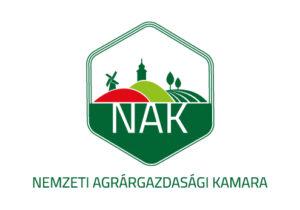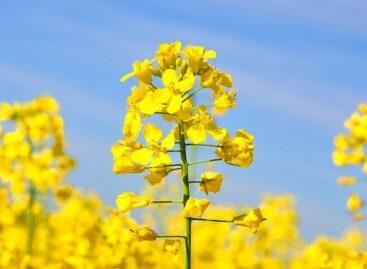The network of village farmers and the range of services provided to chamber members have been expanded
In response to the challenges posed by the new Common Agricultural Policy, the National Chamber of Agriculture has transformed and expanded its network of village farmers to around 700 people. From April 2024, village farmers will support the work of farmers even more widely than before as village farmer consultants.

The new Common Agricultural Policy (CAP) launched last year and compliance with increasingly strict EU regulations impose an even greater administrative burden on farmers than before. It is an additional challenge for the actors of the agricultural sector to navigate the constantly opening application opportunities. The fundamentals of the future of the domestic agricultural economy are that farmers, forest managers and food industry enterprises use the HUF 2,900 billion available through significantly increased national co-financing for development and investment.
In addition to the NAK’s previous tasks, from April 2024, it will perform general consulting activities defined in the Hungarian KAP Strategic Plan, for which the Chamber was appointed by the Government. In order to use the advisory service, farmers must sign a contract with the Chamber with the assistance of the village farmers.
In order to fulfill the increased tasks, it was necessary to increase the number of village farmers and develop IT systems. With the village farmer advisory network expanded to around 700 people with 170 new employees, NAK helps its members more widely and more efficiently than before, among other things, in drawing subsidies and fulfilling their administrative obligations. In addition to the previous tasks, they will also help with the management of the management diary, as well as the administration related to animal and area-based grants and tenders (agri-environmental management, ecological management, Natura 2000 grassland and forest). In addition to the submission of uniform applications, related tasks are handled, such as the Territorial Monitoring System (TMR) orders sent following the conciliation or satellite inspection, if the farmer requests it. They provide detailed information about rural development tenders, and based on the characteristics of farming, they explain the possibilities and tasks to those preparing to apply in a personalized manner. They direct farmers’ attention to current professional issues, innovative solutions, and the challenges associated with climate change, so that they consciously apply sustainable farming models.
The NAK village farmer’s advisory network operates nationwide with around a thousand customer service points
Seven out of ten uniform applications (almost 110,000 in total) are submitted every year by the farmers with the help of the Chamber’s village farmers, so in the last 10 years they have cooperated in drawing more than HUF 1,500 billion in subsidies. In addition, they help farmers with countless other administrative tasks, last year the village farmers handled a total of 1.3 million cases for the chamber members. In addition, they collect the data necessary for crop estimation and condition assessment, help in the assessment of weather damage events, issue certificates, perform tasks related to the registration of farmers, primary producers and family farms, the field guard service, mountain guards and the registration of uncultivated agricultural land.
NAK
Related news
Related news
Cheese-cocoa-peach jam: these are the most popular cookie flavors
🎧 Hallgasd a cikket: Lejátszás Szünet Folytatás Leállítás Nyelv: Auto…
Read more >







